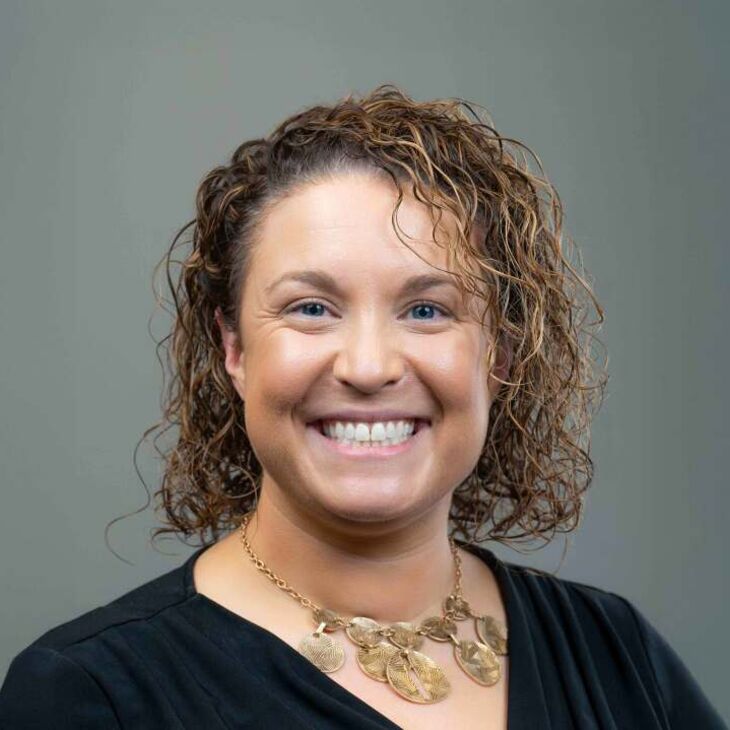The National Institute of Nursing Research (NINR) announced the appointment of five new members to the National Advisory Council for Nursing Research (NACNR), the institute's principal advisory board. Members of the council are drawn from the scientific and lay communities, embodying a diverse perspective from the fields of nursing, public and health policy, law, and economics. NINR, a component of the National Institutes of Health (NIH), is the primary federal agency for the support of nursing research.
The NACNR meets three times a year on the NIH campus to provide recommendations on the direction and support of the nursing, biomedical, social and behavioral research that forms evidence-based nursing practice. An important role of the council is to conduct the second-level review of grant applications that have been scored by scientific review groups. In addition, the council reviews the institute's extramural programs and makes recommendations about its intramural research activities.
NINR Director Patricia A. Grady, PhD, RN, is pleased to welcome the following new members:
Cynthia Barnes-Boyd, PhD, MSN, is a senior director for the Office of the Vice President for Health Affairs of the University of Illinois Health Sciences System (UI-Health). She is also a clinical associate professor at the University of Illinois at Chicago School of Public Health and College of Nursing. Barnes-Boyd is experienced in guiding program evaluation research in large-scale projects that include community partners. She is the director of UI-Health’s Office of Community Engagement and Neighborhood Health Partnerships, which develops university and community partnerships to support collaborative research, educational and service initiatives to address health disparities. She serves on numerous community-focused boards and committees, including the boards of the National Assembly of School-Based Health Care and the Community Campus Partnerships for Health.
Donna Hathaway, PhD, RN, is a university distinguished professor at the University of Tennessee Health Science Center (UTHSC) College of Nursing. Her 20-year, NINR-funded program of research investigates biobehavioral linkages to quality of life outcomes following organ transplantation and has yielded nearly 200 publications. Hathaway’s previous positions at UTHSC include director of clinical transplant research, director of the PhD program and dean of the College of Nursing. She has served on the board of directors of the International Transplant Nurses Society and the American Association of Colleges of Nursing, where she also served as chair of the doctor of nursing practice essentials task force. Hathaway is also a past president of the Southern Nursing Research Society, a Fellow of the American Academy of Nursing and an alumna of the Robert Wood Johnson Executive Nurse Fellowship.
Jillian Inouye, PhD, is the associate dean for research and the Tony and Renee Marlon Angel Professor at the University of Nevada, Las Vegas School of Nursing and School of Allied Health. Her research program focuses on health disparities, chronic illness and cognitive behavioral interventions for lifestyle changes. Her funded projects include the establishment of the first online hybrid PhD program at the University of Hawaii at Manoa, several NIH grants on interventions to increase the quality of life in people with chronic diseases and utilization of distance technology with a Tri-Service grant to prevent child abuse in the military. Inouye, a former East-West Center and Fogarty grantee, was a founding member of the Asian American Pacific Islander Nurses Association and currently serves as vice president of the National Coalition of Ethnic Minority Nurses. She is a member of the National Advisory Committee of the Substance Abuse and Mental Health Services Administration’s Minority Fellowship Program.
Bernadette Mazurek Melnyk, PhD, RN, is the associate vice president for health promotion, university chief wellness officer and professor and dean of the College of Nursing at The Ohio State University. She is also a professor of pediatrics and psychiatry at Ohio State’s College of Medicine. Melnyk is an internationally recognized expert in evidence-based practice, intervention research and child and adolescent mental health. She is a Fellow of the American Academy of Nursing and the National Academies of Practice and served on the 16-member United States Preventive Services Task Force. In addition, she serves on the National Quality Forum’s Behavioral Health Steering Committee and the Centers for Disease Control and Prevention’s Laboratory Medicine Best Practices Workgroup. Melnyk is co-editor of the journal Worldviews on Evidence-Based Nursing. Her most recent honors include induction into Sigma Theta Tau International’s Nurse Researcher Hall of Fame and receipt of the National Organization of Nurse Practitioner Faculties’ Lifetime Achievement Award.
Marjana Tomic-Canic, PhD, RN, is a professor of dermatology and director of the Wound Healing and Regenerative Medicine Research Program at the University of Miami (UM) Miller School of Medicine. She is a senior faculty member of the human genetics and genomics program, molecular and cellular pharmacology program and is an associate member of the Hussman Institute for Human Genomics at UM. Her current research focus is the molecular and cellular mechanisms of wound healing, including human and diabetic models of wound healing, wound genomics analyses, generating primary cells from patients’ wound biopsies, local sustained gene delivery, cellular assays of wound healing and the histology and immunohistochemistry of skin. Tomic-Canic is a past board member of the Wound Healing Society and a member of the Society of Investigative Dermatology, Association of Advanced Wound Care, American Diabetes Association, New York Academy of Science, American Association of Biochemistry and Molecular Biology and the American Association for the Advancement of Science. She is a member of the editorial board of the Journal of Biological Chemistry and the associate editor of the Journal of Investigative Dermatology for the second term. Her research has been continuously funded by the NIH for over a decade. In March 2012, she was the NIH Director’s Wednesday Afternoon Lecture Series presenter.
NINR supports basic and clinical research that develops the knowledge to build the scientific foundation for clinical practice, prevent disease and disability, manage and eliminate symptoms caused by illness, and enhance end-of-life and palliative care. For more information about NINR, visit ninr.nih.gov.
About the National Institutes of Health (NIH): The NIH is the nation's medical research agency, including 27 institutes and centers, and a component of the U.S. Department of Health and Human Services. NIH is the primary federal agency conducting and supporting basic, clinical and translational medical research, and is investigating the causes, treatments and cures for both common and rare diseases. For more information about NIH and its programs, visit nih.gov.
NIH...Turning Discovery Into Health®


